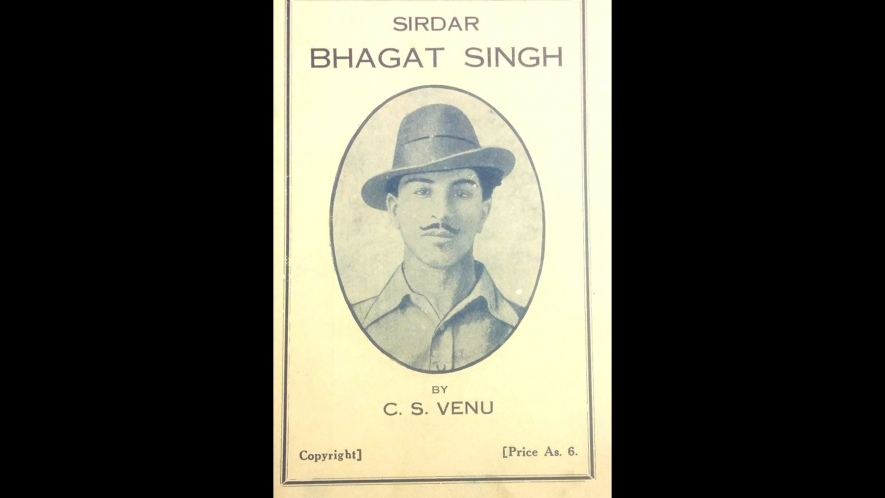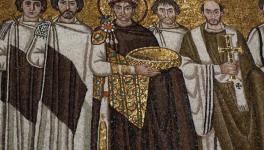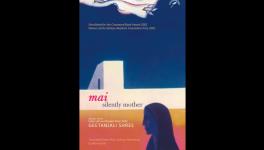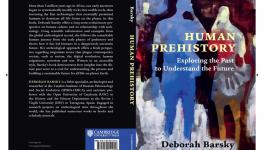Relook at a Book: New Edition of C S Venu’s Then Banned Biography of Bhagat Singh

Venu, C S, Sirdar Bhagat Singh (Banned biography), ed. Rajwanti Maan, 2022, Delhi, New World Publication, 114, Price Rs 150.
This was one of earliest biographies of Bhagat Singh, published in the year 1931, immediately after his execution. Its price was just six annas at that time and its copies were available from the author's address in Madras. All books, especially biographies and poetry on Bhagat Singh, were promptly proscribed. The new edition of the book has been published after 91 years. Rajwanti Maan, the Haryana archivist got its copy from the British Library, London, and under her ‘editorship’, it was published in 2022 by a relatively new publisher -- New World Publication.
The author, a Tamil, was in Lahore jail at the time of the execution of Bhagat Singh, Rajguru and Sukhdev. In the fresh edition, Rajwanti Maan, in her brief introduction, has quoted from the biography but has not used the latest information to update.
In Venu’s biography, the hunger strike period of Bhagat Singh in jail is referred to as 116 days. The editor has neither mentioned that the hunger strike period was actually110 days, which was mentioned in newspapers, such as The Tribune, at that time. She also does not mention that Bhagat Singh went on two more hunger strikes adding more days.
As per the editor, CS Venu’s biography was acquired by the British Library London on November 12, 1931. It was an 80-page book, priced six annas, and had the address of the author for copies. Its original title was Sirdar Bhagat Singh. No justification has been given as to why the word Sirdar has been changed to Sardar in the latest edition. The editor ends her introduction with the para from Dreamland, a poetry book by Lala Ram Saran Das, whose introduction was written by Bhagat Singh at the poet’s insistence. The editor has titled eight chapters. The original edition, perhaps, had breaks but was not divided into titles. Every new title or break began with some couplet from a classic revolutionary poem quoted by Venu.
The first chapter, ‘Childhood and Early Influences’ starts with a quote from Walter Scott’s poetry:
“Oh hush thee my baby, the time soon will come/When the sleep shall be broken by trumpet and drum/Then hush thee my darling, take rest while you may/For strife comes with manhood and waking with day.”
Venu refers to the 1906 Congress session at Calcutta, where Ajit Singh with Lala Lajpat Rai and Kishan Singh thundered the demand for freedom for India. He refers to Bhagat Singh’s birth date as September 19, 1907. Jitendranath Sanyal, the first biographer of Bhagat Singh, who was acquitted in the Lahore conspiracy case but convicted to two-year imprisonment for writing the biography, has also falsely mentioned Bhagat Singh birth date as October 5. It was only after Virender Sandhu wrote the biography of three generations of his family that Bhagat Singh’s birth date was confirmed as September 28,1907.
The first chapter goes up to the 1919 Jallianwala Bagh massacre. The author makes another fallacy in the chapter by mentioning Batukeshwar Dutt as Bhagat Singh’s school mate and inseparable companion. Bhagat Singh met BK Dutt for the first time in 1923 at Kanpur. The editor has not made any editorial change or footnote to correct this.
The second chapter, ‘The Blast of the Trumpet, begins with a quote from De Quincey’s poetry:
“The Blood-stained murder bare thy hideous arm/And thou Rebellion welter in thy storm/Awake ye Spirits of avenging crime/Burst from your bonds and battle with time.”
This chapter focuses upon the Delhi Assembly bomb incident of April 8, 1929. The author is more accurate in its description and describes the passing of the Public Safety Bill by 56 against 38 votes as the time when the bombs exploded near George Schuster’s bench. As author John Simon, present in House, ‘took to his heels’, Sir Hari Singh Gour, on whose name Sagar University in Madhya Pradesh was named, ‘locked himself in the Bathroom’! ‘Red’ pamphlets were thrown by Bhagat Singh and Dutt in the Assembly. The author correctly mentions that this act was inspired by French revolutionary Auguste Vaillant, whose words at a similar explosion in French Parliament: “It takes a loud voice to make the deaf hear” were repeated in the Delhi Assembly pamphlet!
The author, a follower of Gandhi and Congress, declares ‘a thousand times emphatic ‘No’ to the charge of’terrorism’ in this act!
The third chapter, ‘The Trial and the Sentence’, begins with a quote from Indian poet Harin Chattopadhyay:
“Life or death? What does it matter? / Heroes ever scorned the grave/Tyrant, we are out to shatter/The Last fetter of the slave/Let us shout from tower and Steeple/Now our banner is unfurled/That by fighting for our people/We are fighting for the world.”
In this chapter, the reference to the 116-day record hunger strike comes after mentioning the earlier record of 97 days’ hunger strike by an Irish revolutionary. The reference to one judge, (Justice Agha Hyder) expressing disgust on the beating of revolutionaries, does not mention his name.
‘Ordinance Challenged’ is the title of the fourth chapter and the quote is from a poem by Vanzetti, who himself was hanged in US:
“O capitalist system I know you well/I have heard the prayers of your starving children/I have heard the groans of young dyeing soldiers/I have seen the agony of strong men hunting for jobs/I know your crimes capitalism; I know your crazy houses/Your jails, factories, hospitals filled with victims/You are a monster, I hate you/I am glad to die!/Friends Ghouls!Assassins of the poor/We will have revenge!/Revolution! Give me a million men/And I will walk from this jail/And set America free.”
This chapter contains almost a verbatim record of the Privy Council proceedings in London. Gandhi has been described as a ‘benevolent Saint’ and it mentions that not less than 20 million signatures had gone to the Viceroy asking for mercy.
Chapter five again begins with Vanzetti’s long poem In this chapter, ‘The Sacrifice’, the Lahore hartal after the executions and the Mori Gate meeting of 20,000 people has been mentioned. One lakh people, bare headed, marched in procession, taking the three martyrs’ biers with charred body parts, and cremated them at Ravi river site.
The sixth chapter, ‘A Nation in Mourning’, also begins with Vanzetti’s poem. A mention has been made of Dewan Bahadur Rangacharya, leader of opposition in the Central Assembly, making a statement. Chapter seven, ‘Fundamental’, begins with a shloka from Bhagwad Gita.
The eighth chapter, ‘Conclusion’, discusses the death of Greek philosopher Socrates but his philosophy living, and the letter written by Bhagat Singh to young political workers. The author, Venu, mentions here his being in the same jail and getting a chance to speak with him.
Venu was so inspired by Bhagat Singh in jail, that after his release and going back to Madras, he wrote his biography, probably publishing it with his own money, which was proscribed immediately.
Biographies written during the early period of Bhagat Singh’s execution are more factual and objective, though there are errors in certain dates. C S Venu’s biography of Bhagat Singh, despite some errors in dates and narration, is one of the authentic records of those times and its new edition is welcome.
Chaman Lal is retired Professor from JNU and is Honorary Advisor, Bhagat Singh Archives and Resource Centre, Delhi Archives, New Delhi.
Get the latest reports & analysis with people's perspective on Protests, movements & deep analytical videos, discussions of the current affairs in your Telegram app. Subscribe to NewsClick's Telegram channel & get Real-Time updates on stories, as they get published on our website.
























